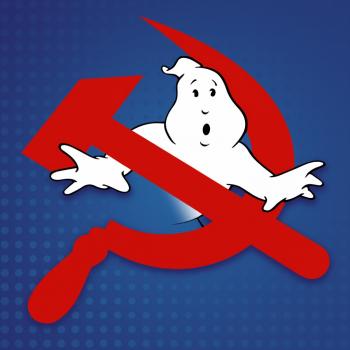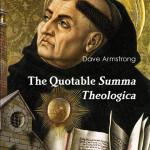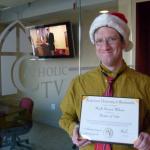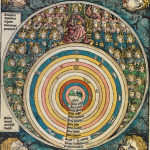In a rather inappropriate title, Vatican thumbs up for Karl Marx after Galileo, Darwin and Oscar Wilde, the Times Online is discussing a new article coming from L’Osservatore Romano:
Karl Marx, who famously described religion as “the opium of the people”, has joined Galileo, Charles Darwin and Oscar Wilde on a growing list of historical figures to have undergone an unlikely reappraisal by the Roman Catholic Church.
L’Osservatore Romano, the Vatican newspaper, said yesterday that Marx’s early critiques of capitalism had highlighted the “social alienation” felt by the “large part of humanity” that remained excluded, even now, from economic and political decision-making.
Georg Sans, a German-born professor of the history of contemporary philosophy at the pontifical Gregorian University, wrote in an article that Marx’s work remained especially relevant today as mankind was seeking “a new harmony” between its needs and the natural environment. He also said that Marx’s theories may help to explain the enduring issue of income inequality within capitalist societies.
Just because Karl Marx is worth studying, and some of his analysis has proven valid (even capitalists follow it), does not mean one accepts the whole structure of his thought. The point, of course, is that Catholics can and do learn from others, even those hostile to them (as Marx was). St. Augustine found the Platonists worth studying. St Thomas Aquinas found Arab philosophers worth studying. Pope Benedict has himself pointed out some of the value in Marx before pointing out Marx’s erroneous conclusions.
Catholics have a legacy of learning from others, integrating their insights when possible to our faith. This does not mean wholesale acceptance of what others have said, but it does mean appreciating what they got right even if they are often wrong.
















